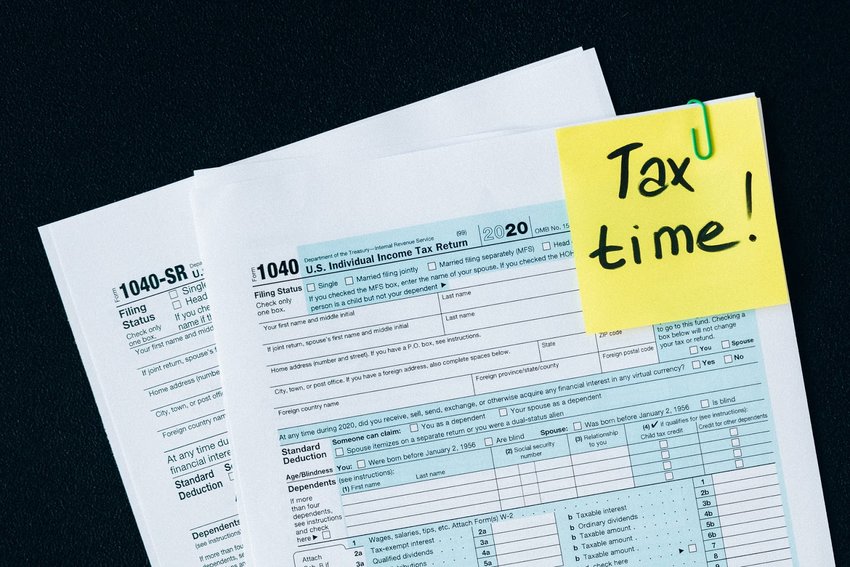In most organizations, employees will receive checks or direct deposits to their bank, and unfortunately all they get to see is their net salary number. This prompts next step questions such as, “How did you arrive at that figure? How many hours was I paid for?” That’s where pay stubs come into play.
A pay stub, also referred to as pay slip or paycheck stub, is a document that shows how much workers are paid. If you are an employer of labor, you would give your staff the pay stub when they receive their physical checks. It is literally an attachment to their paper check. The pay slip goes digital when your employees are paid electronically.
As a worker, you are to receive a pay stub when you get through your next pay period. It would show in detail your earnings during the payment window, withdrawals from the total, and the net pay after the withdrawals.
As an employer, it is essential for you to know the kind of information needed on a pay stub to get them right. Proper understanding of the items on a pay stub would help you identify payroll errors which you can, in turn, use to help employees decipher their payment slips.
Pay stubs consist of information that both employers and employees can use. This is a breakdown of how it is used by both parties:
Staff receive pay stubs as documentation (breakdown) of their wages. They can access the slip through the pay stub generator service used by the organization. By assessing the pay stubs, the employees can verify if they were correctly paid and properly understand why there were deductions.
Employers, on the other hand, can utilize pay stubs to resolve discrepancies with the payment of their staff. When there are questions regarding employee pay, a good way to settle it would be by looking at the pay stub. The pay slip can also be used to fill out your employee’s W-2 form.
There are several details included on a pay slip that can help you and your staff keep a record of payments or discrepancies, and they largely depend on regulations guiding state employment and industry requirements. Generally, pay stubs comprise the details of payment windows including the following:
States dictate their income tax rates and it varies with some having bracketed tax rates like the IRS, others using a fixed rate, and the rest having no income tax. Taxes at the state level can be somewhat complex. Do your part, whether as an employer or employee, to learn about them and how they affect you.
In certain metro areas, the city clearly states their tax rates, which are used for local government services.

There are multiple reasons why your employee would need pay stubs. It is in the best interest of both you and them to provide it, even if it’s not required by state laws. [Check out these paystub maker free option.] They are most likely to need it when they need to:
It’s quite straightforward to get if you haven’t saved any copies before, or if this is your first time needing it. Check your organization's website or the payroll site they use to see if you can print it from there.
If that doesn’t work out, simply ask the Payroll (accounts dept.) or Human Resources department of your company to help out with getting them.
When you think about it from a smart business practice, the pay stub ensures there is transparency within your organization, and will make the work of an auditor somewhat easier, should you go through that process. If your company hasn't been using any pay stub service yet, it is high time you do so now.
Comments
No comments on this item Please log in to comment by clicking here